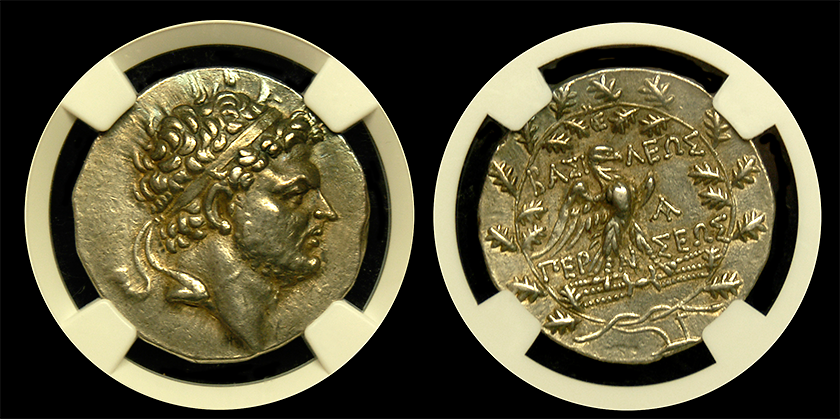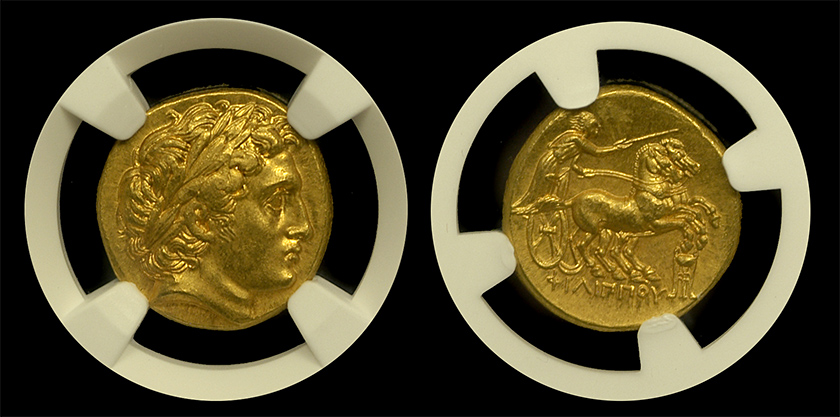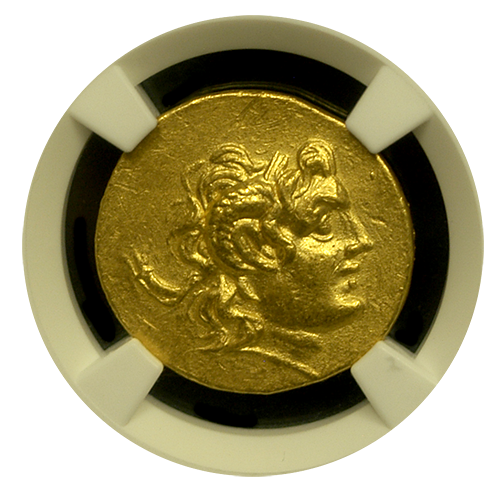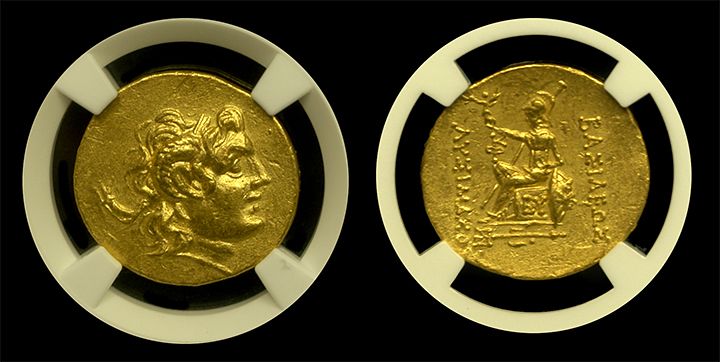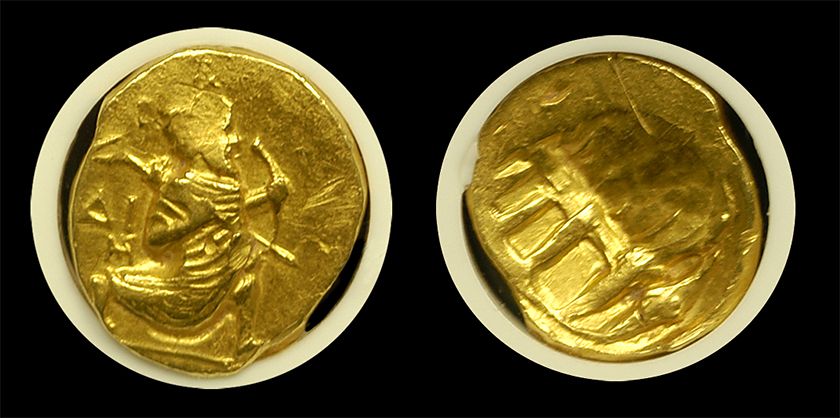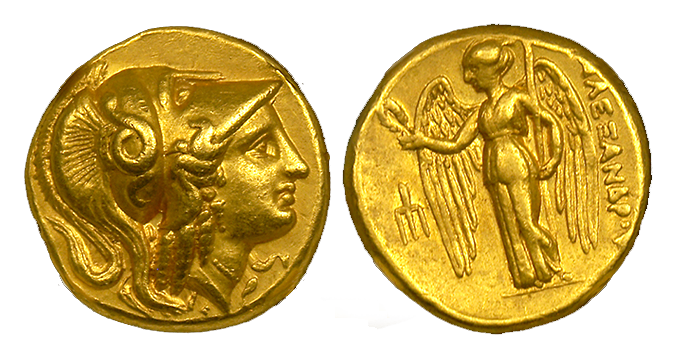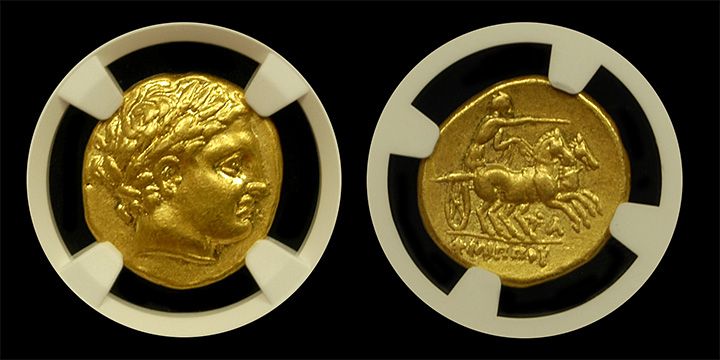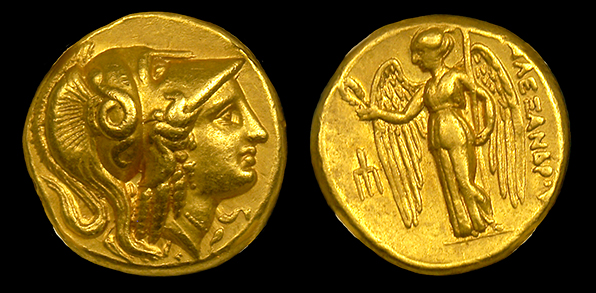
Alexander the Great's Legacy in Gold
April 10, 2025
Conquering Minds
Alexander the Great didn’t just conquer territories. He conquered minds. Furthermore, he used gold to do it.
Philip II of Macedonia, the father of Alexander the Great, was one of the...

